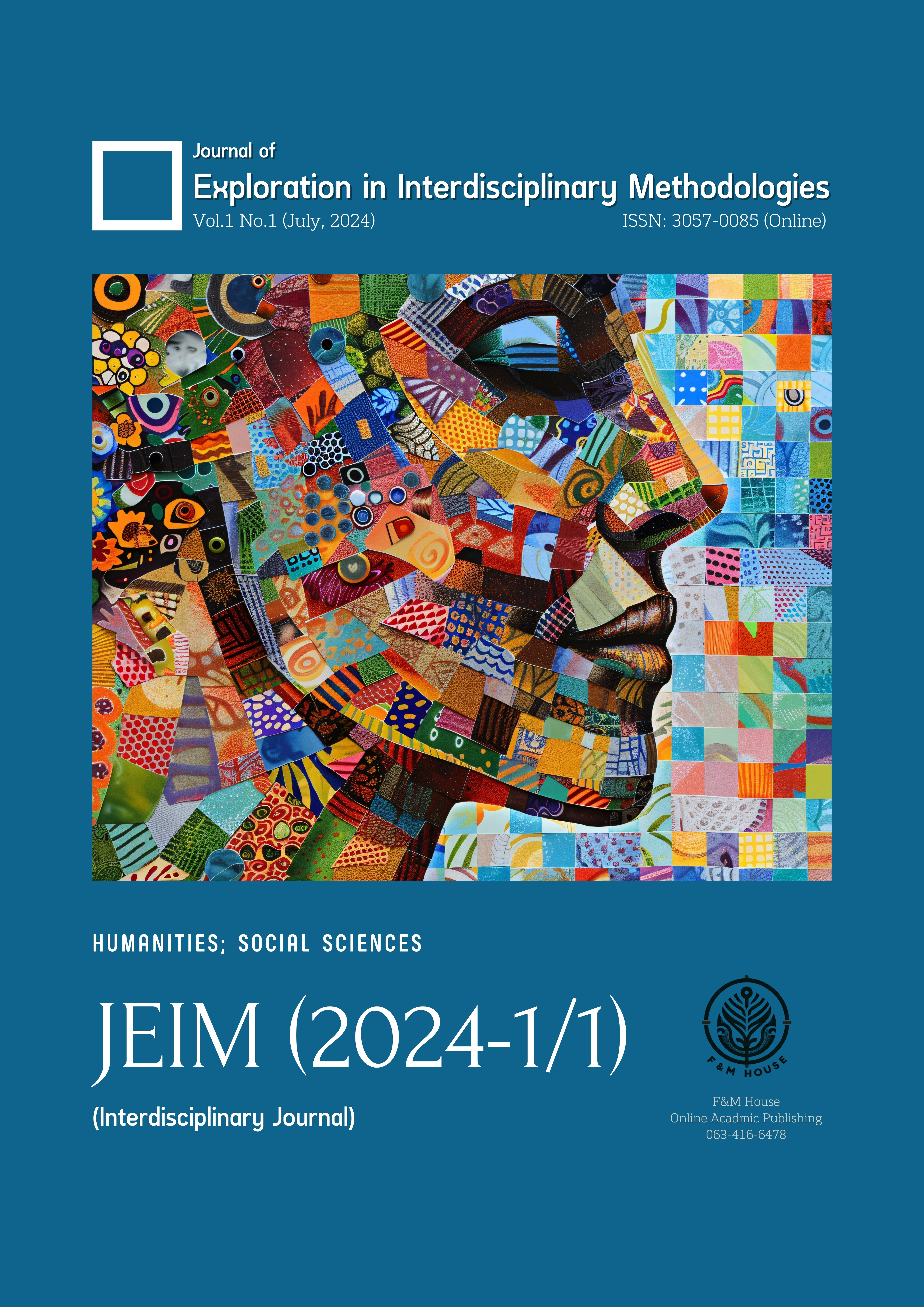Community Engagement in Rural School Management in Thailand
คำสำคัญ:
Community engagement, rural education, school management, Thailand, educational policyบทคัดย่อ
Community engagement is a vital component of effective school management in rural Thailand, where resource limitations, teacher shortages, and economic challenges often hinder educational progress. This paper explores the role of community involvement in improving school infrastructure, governance, and student outcomes through case studies of successful community-led initiatives. It also examines the challenges that rural schools face, including economic barriers and limited infrastructure, and offers strategies for sustaining long-term community participation. The importance of government support is emphasized, with recommendations for policy improvements such as increased funding for community-led education initiatives and formal recognition of community contributions. Additionally, this paper highlights the potential of expanding successful models of community engagement to other regions of Thailand and leveraging technology to enhance communication and collaboration between schools and communities. By fostering strong community-school partnerships, rural schools can thrive, ensuring that all students have access to quality education.
เอกสารอ้างอิง
Barker, K. (2007). Community Engagement in School Governance: A Capacity Building Framework. International Journal of Educational Leadership, 25(3), 201-218.
Dulay, L. A., & Villanca, A. A. (2023). Constructive Community Engagement: The Experiences of the Elementary Laboratory (ELS) Teacher-Extensionists. Journal of Multidisciplinary in Social Sciences, 19(3). Retrieved from https://so03.tci-thaijo.org/index.php/sduhs/article/view/274219
Education Development Trust. (2020). Inclusive Education in Rural Areas: Strategies for Success. Education Development Trust.
Fullan, M. (2001). Leading in a Culture of Change. Jossey-Bass.
Jenkins, M. (2013). Community Engagement in Education: Lessons from Rural Schools in Southeast Asia. International Journal of Educational Development, 33(4), 379-389.
Magdadaro, J. M. D., & Sacramento, N. J. J. E. (2022). Community Engagement in the Indigenous Education Discourse: Unravelling Policy Lessons from Lumad’s Alternative School in Mindanao, Philippines. Thammasat Review, 25(1), 57–81. Retrieved from https://sc01.tci-thaijo.org/index.php/tureview/article/view/240103
Mulder, N. (1996). Thai Images: The Culture of the Public World. Silkworm Books.
OECD. (2016). Public-Private Partnerships in Education: What is the Impact on Educational Outcomes? OECD Publishing.
Rigg, J. (1991). The Thai Village Economy: Beyond Agriculture. Singapore University Press.
Sangkong, M., & Bunlertnirun, K. (2018). Dynamics of Social Engagement Illustrated by Area-Based Development. Area Based Development Research Journal, 10(6), 440-452. Retrieved from https://so01.tci-thaijo.org/index.php/abcjournal/article/view/240345
Sriprakash, A. (2010). Child-Centred Education and the Promise of Democratic Learning: Pedagogic Messages in Rural Indian Primary Schools. International Journal of Educational Development, 30(3), 297-304.
UNESCO. (2018). Partnerships in Education: Linking Education to the Broader Development Agenda. UNESCO Bangkok Office.
UNICEF. (2019). Thailand Education Report 2019: Addressing the Challenges of Education in Rural Areas. UNICEF Thailand.
Wata, Y., Chatraphorn, S., & Traimongkolkul, P. (2015). Social Engagement in Thai Higher Education: Practice and Challenges. Kasetsart Journal of Social Sciences, 36(3), 465–482. Retrieved from https://so04.tci-thaijo.org/index.php/kjss/article/view/243413
World Bank. (2015). Thailand: Quality Education for All - Challenges and Opportunities. World Bank Group.
World Bank. (2018). Community Participation and Educational Outcomes: Evidence from Rural Schools in Developing Countries. World Bank Group.







